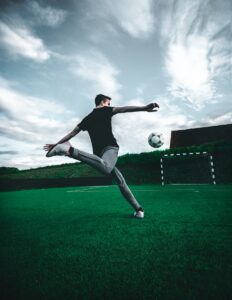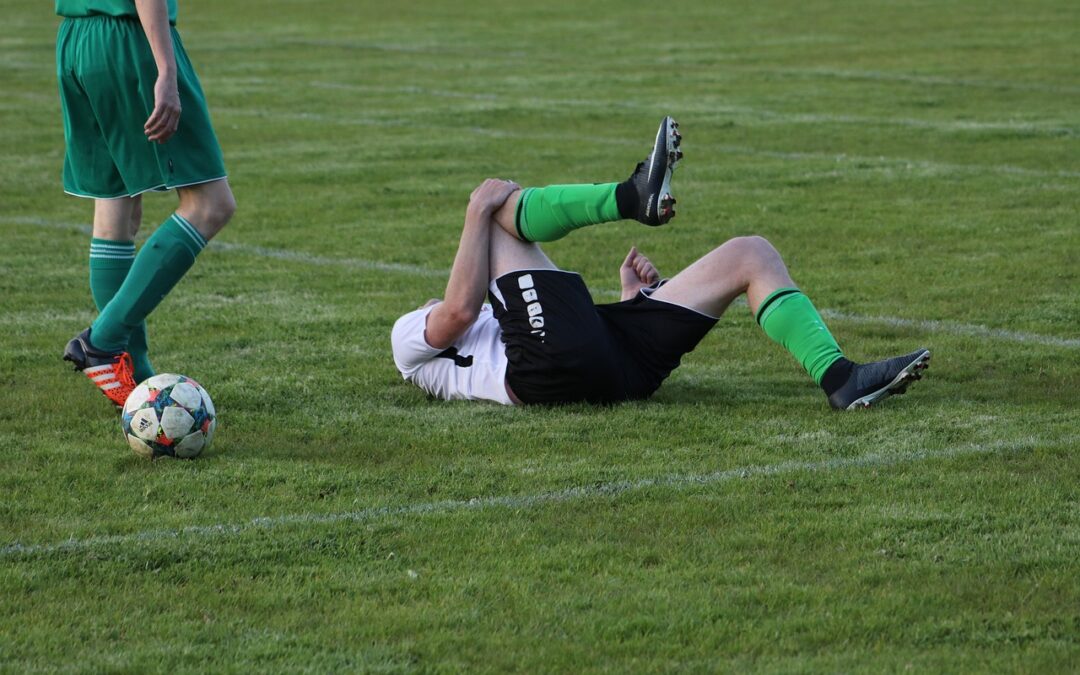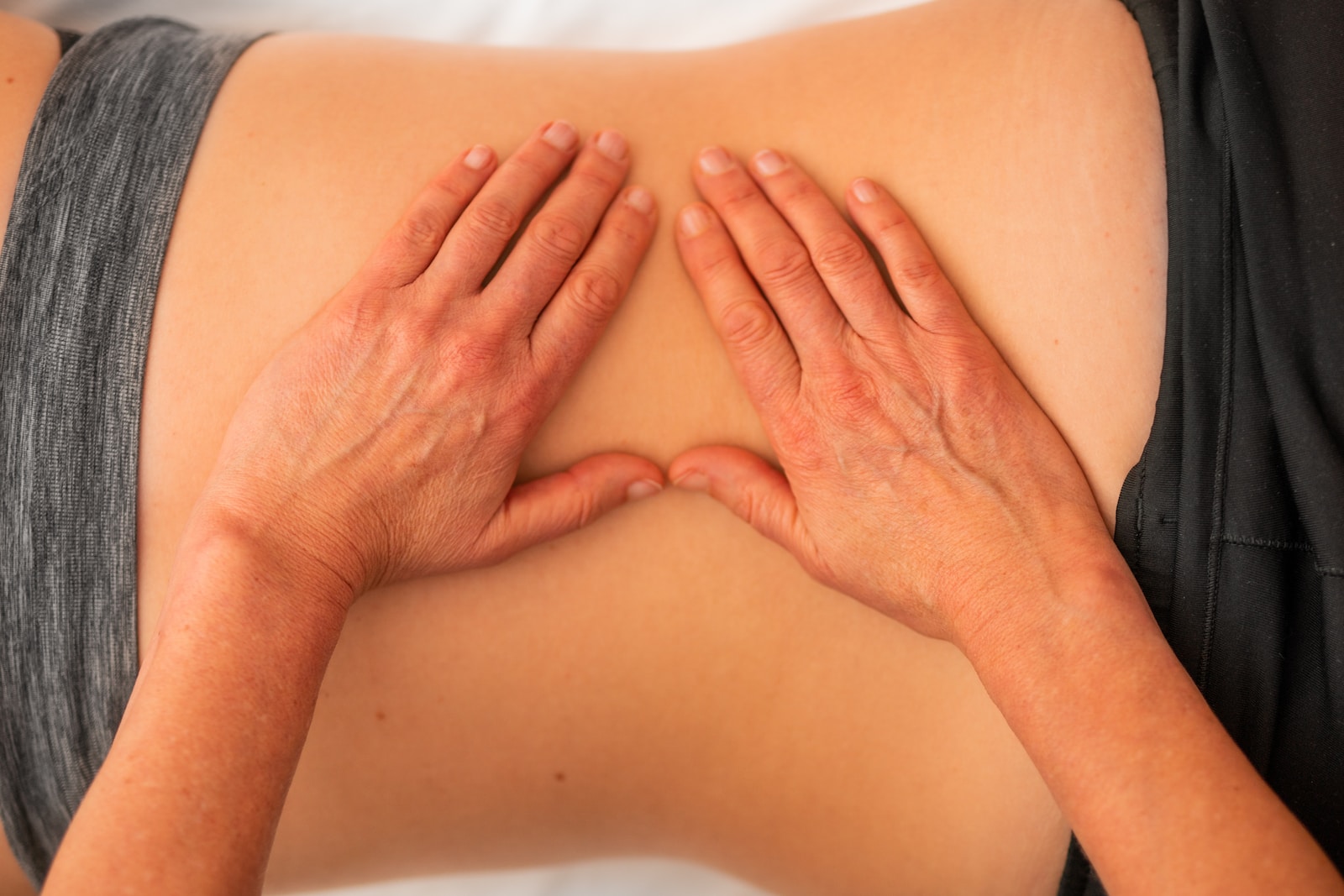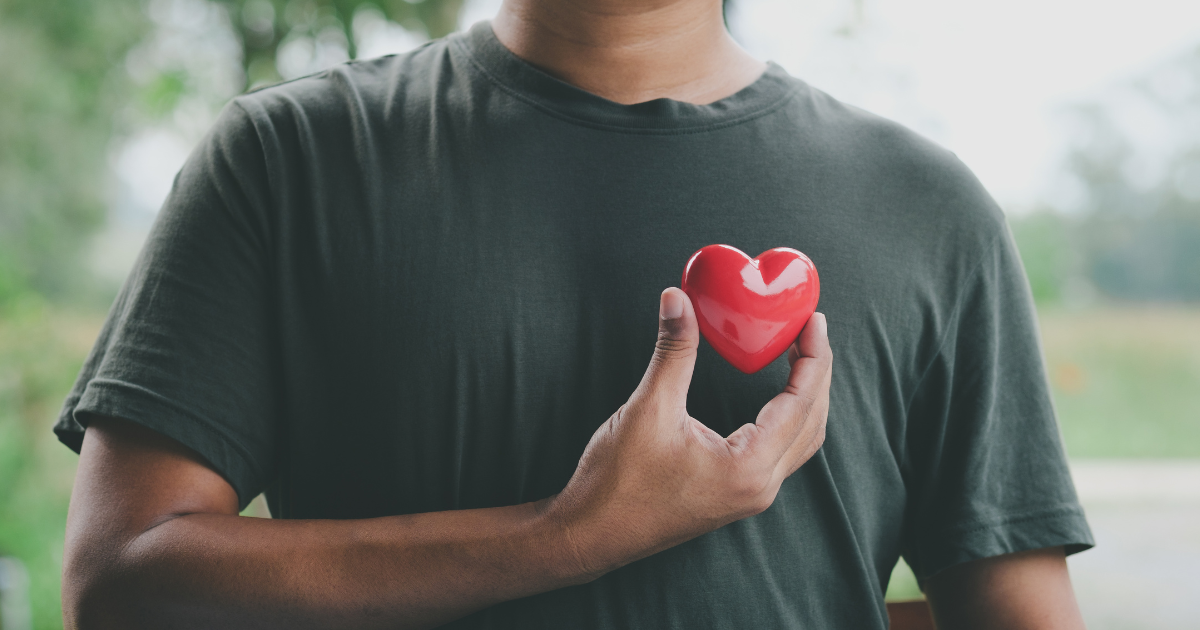The medial collateral ligament (MCL) is a band of tissue that runs along the inside of the knee, connecting the thigh bone (femur) to the shin bone (tibia). MCL Injuries of the knee are common in sports that involve quick changes in direction, such as football, soccer, and basketball.
MCL Injuries of the Knee
There are three grades of MCL injuries:
Grade 1: The ligament is stretched but not torn, and there is no loss of stability in the knee joint.
Grade 2: The ligament is partially torn, and there is some loss of stability in the knee joint.
Grade 3: The ligament is completely torn, and there is significant loss of stability in the knee joint.
Treatment of MCL Injuries of the Knee
Treatment for MCL injuries of the knee depends on the severity of the injury. Here are some common treatment options:
- Rest, Ice, Compression, and Elevation (RICE): This is often the first step in treating MCL injuries, especially for Grade 1 and some Grade 2 injuries. RICE helps to reduce pain and swelling. Rest involves avoiding activities that put stress on the knee. Ice should be applied to the injured area for 20 minutes at a time, several times a day. Compression involves wrapping the knee with an elastic bandage to reduce swelling. Elevation means keeping the injured leg elevated above the level of the heart to reduce swelling.
- Physical Therapy: A physical therapist can help you regain strength, range of motion, and flexibility in your knee. They may recommend exercises to strengthen the muscles around your knee or use modalities such as ultrasound, electrical stimulation or therapeutic taping.
- Knee Bracing: For Grade 2 injuries, a knee brace may be recommended to help support and protect the injured ligament while it heals. A hinged brace is commonly used in this situation to provide stability and range of motion control.

- Medications: Over-the-counter pain relievers such as acetaminophen or nonsteroidal anti-inflammatory drugs (NSAIDs) like ibuprofen can help relieve pain and swelling. In some cases, stronger pain medication may be prescribed.
- Surgery: For Grade 3 injuries, surgery may be necessary to repair the torn ligament. Surgery is usually followed by a period of rest and physical therapy
It is important to consult with a healthcare provider to determine the most appropriate course of treatment for your specific MCL injury.
How long to recover from MCL Injuries of the Knee
The recovery time for MCL injuries of the knee depends on the severity of the injury and the course of treatment. Here are some general guidelines for recovery time based on the grade of injury:
Grade 1 MCL Injury: A Grade 1 MCL injury usually takes 1-3 weeks to heal with proper rest, ice, compression, and elevation. Physiotherapy can help speed up the healing process and restore range of motion, strength, and flexibility.
Grade 2 MCL Injury: A Grade 2 MCL injury may take 3-6 weeks to heal with proper rest, ice, compression, and elevation. A knee brace may be recommended to provide additional support during the healing process. Physical therapy can also help speed up the healing process and restore range of motion, strength, and flexibility.
Grade 3 MCL Injury: A Grade 3 MCL injury is the most severe and may require surgery to repair the torn ligament. Recovery time can vary, but it typically takes 3-6 months to fully recover from surgery. Physical therapy is an important part of the recovery process, as it can help restore range of motion, strength, and flexibility.
It’s important to note that recovery time can vary from person to person and may be influenced by factors such as age, overall health, and the extent of the injury. It’s also important to follow your healthcare provider’s instructions for recovery and to not rush the healing process to prevent reinjury.
Returning to sport after MCL Injuries of the Knee
Returning to sports after MCL injuries of the knee depends on the severity of the injury, the type of sport, and the athlete’s individual recovery process. Here are some general guidelines for returning to sports after an MCL injury:
- Grade 1 MCL Injury: Athletes with a Grade 1 MCL injury may be able to return to their sport once they are pain-free, have regained full range of motion, and have regained sufficient strength and stability in the knee. This can typically take 1-3 weeks, but may take longer depending on the athlete’s recovery process.

- Grade 2 MCL Injury: Athletes with a Grade 2 MCL injury may need to wait longer before returning to sports, as this type of injury is more severe. They may need to wear a knee brace during the recovery process and wait until they have regained full range of motion, strength, and stability in the knee. This can typically take 3-6 weeks, but may take longer depending on the athlete’s recovery process.
- Grade 3 MCL Injury: Athletes with a Grade 3 MCL injury will likely need to wait several months before returning to sports, especially if they have had surgery to repair the torn ligament. They will need to follow a strict rehabilitation program, which may include physical therapy and strengthening exercises to regain range of motion, strength, and stability in the knee.
It’s important for athletes to follow their healthcare provider’s instructions for returning to sports, as returning too soon or without proper rehabilitation can lead to reinjury. Athletes should also gradually reintroduce activities and build up their strength and endurance over time.
MCL Injury Treatment
If you have suffered from or suspect you have a MCL injury then make sure you get it assessed and follow the guidance of the healthcare professional. To book an appointment with us you can do via the website or directly HERE



